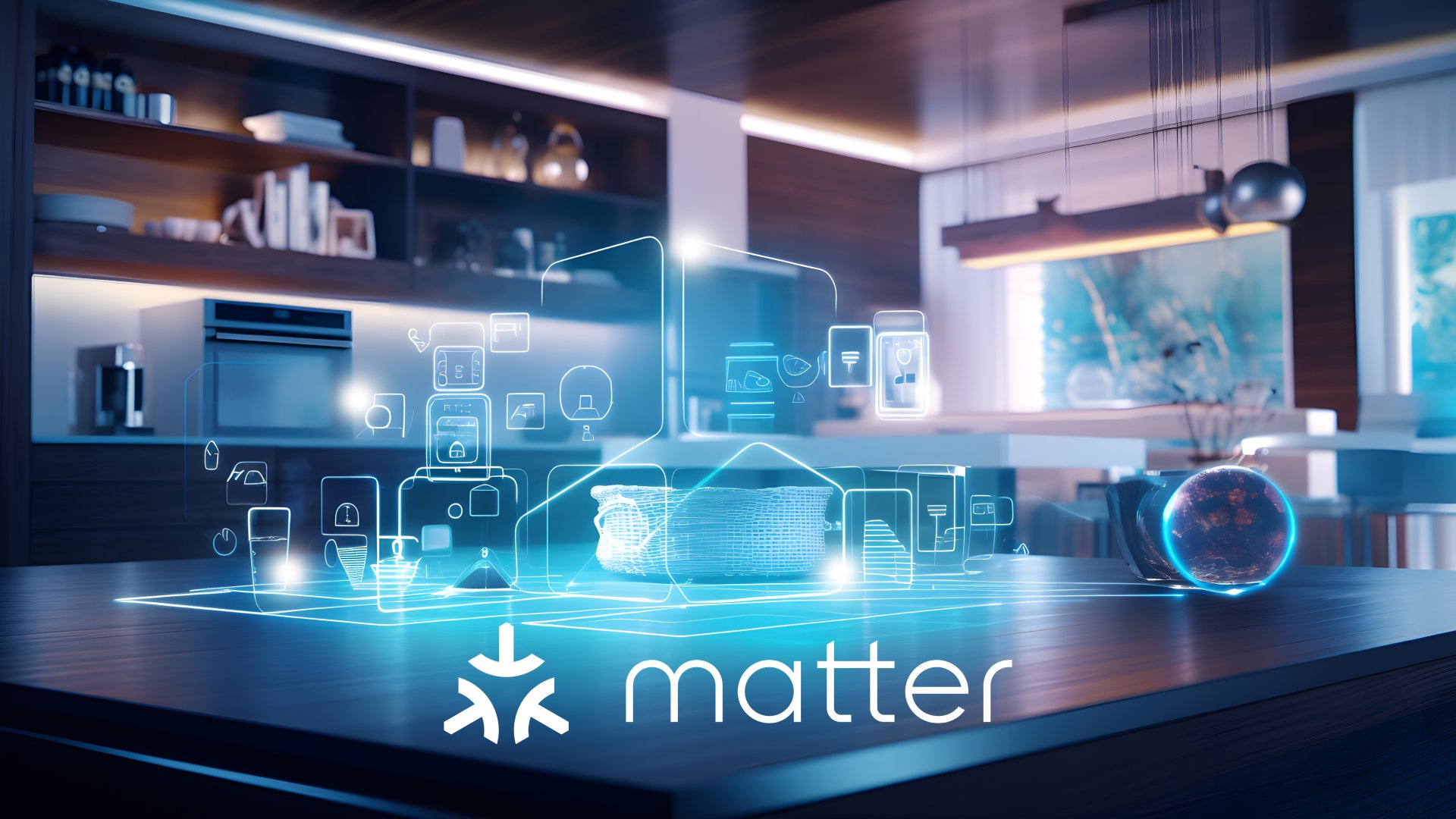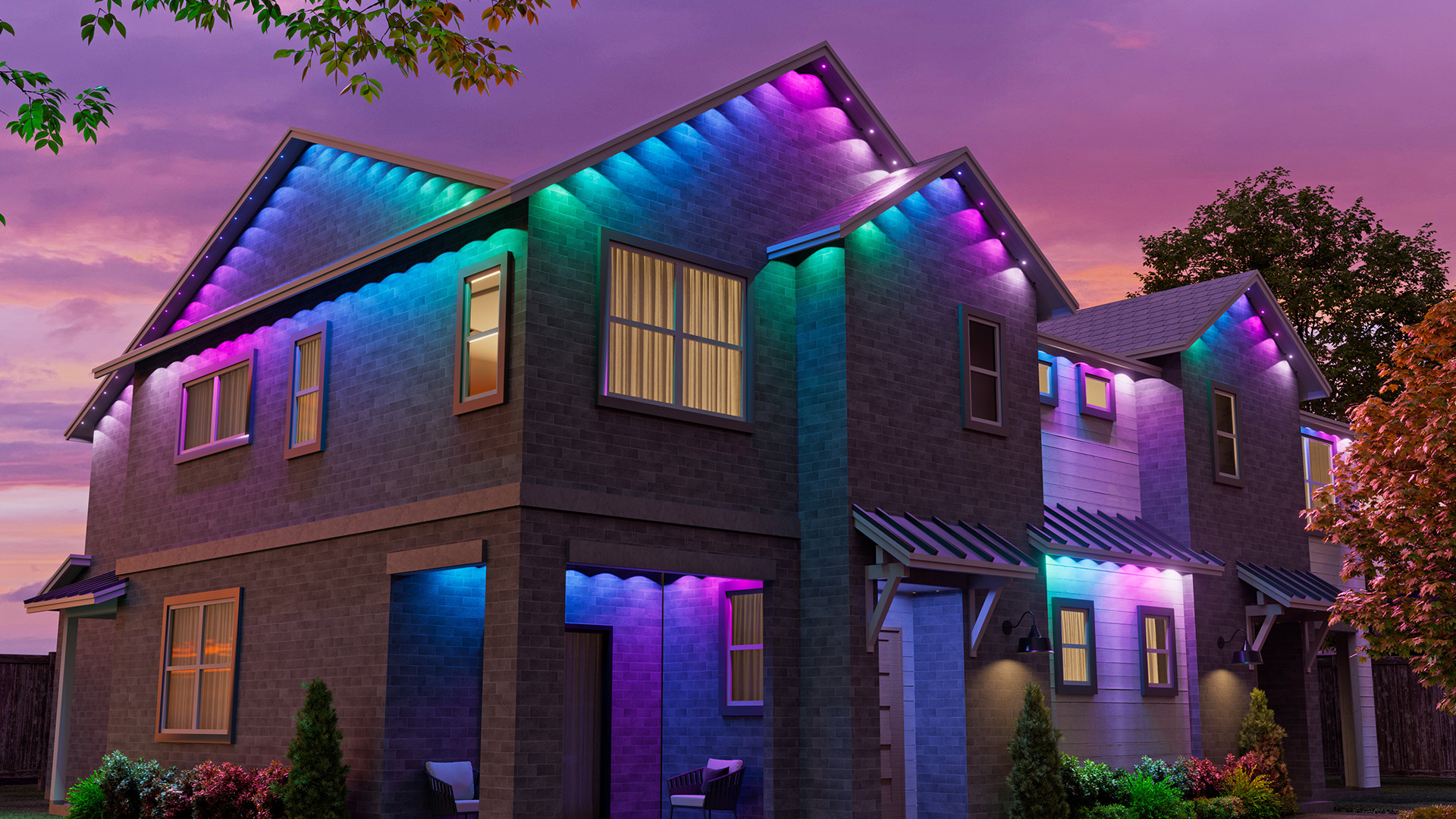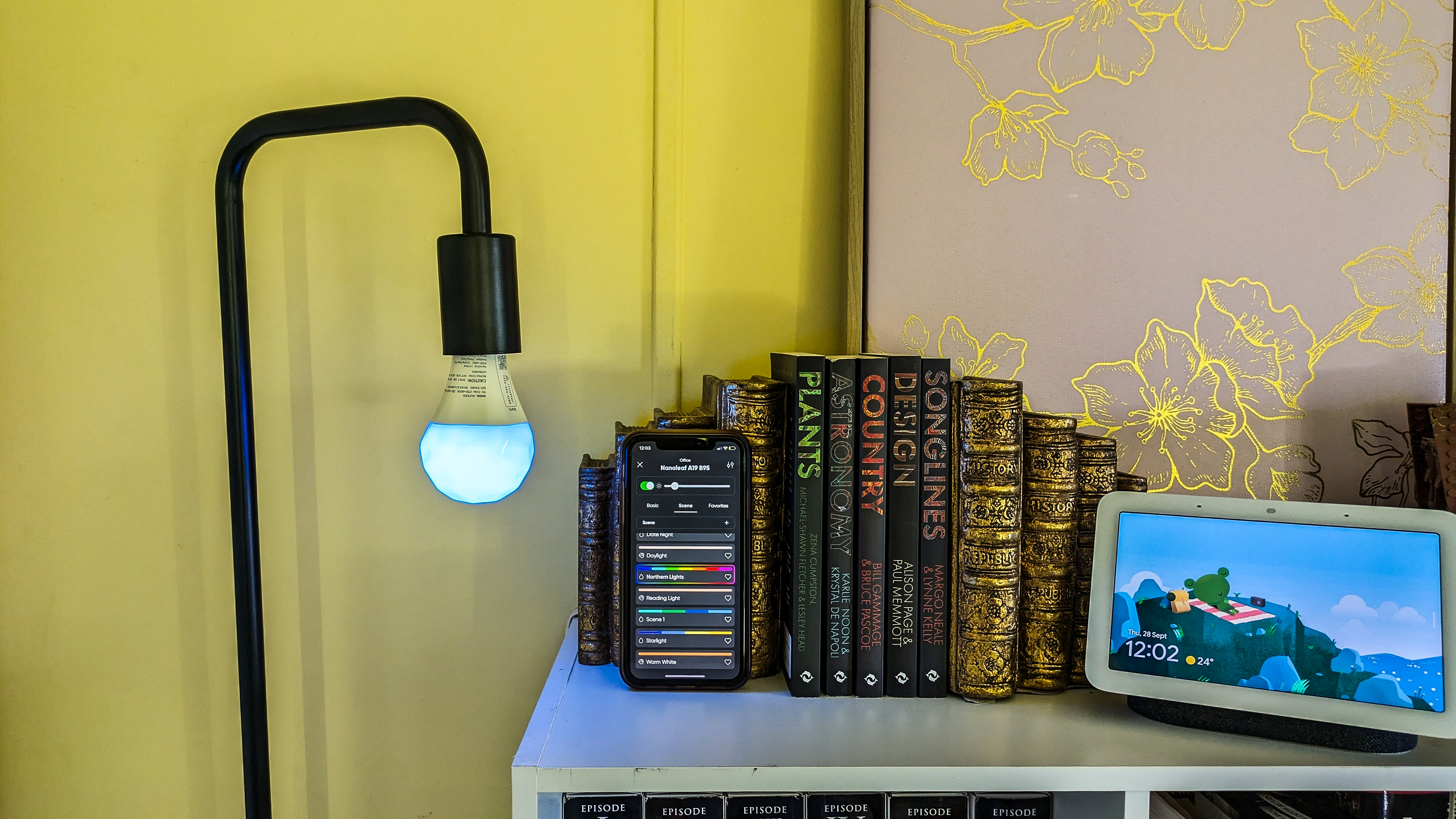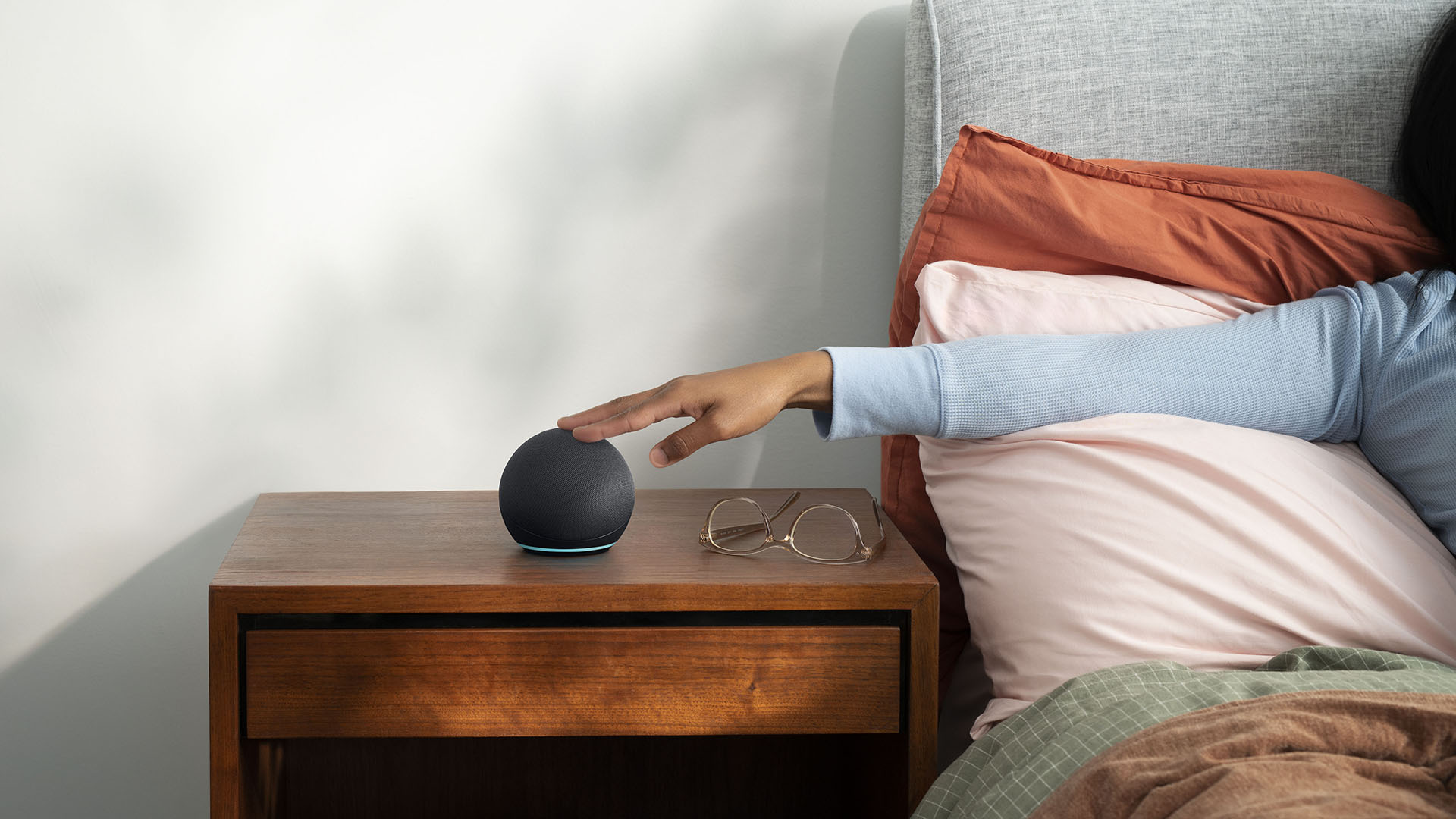
On October 4, 2022, the first version of Matter, a smart home standard, was made available to users and companies worldwide, and two years later, it's everywhere.
Thanks to the Connectivity Standards Alliance, a consortium of over 500 companies, Matter is a way of having all your smart home devices work in harmony, and in one place — without having to use a deluge of apps to manage them all.
Matter can be found in smart lights, sensors, blinds, and more. So much so, that we have a guide listing a bunch of them, making it easier for you to find Matter-compatible appliances. However, we've listed a few answers for you below to help you understand what Matter means, and how it will benefit you, especially if you're about to buy a smart home appliance for the first time.
What is Matter?

When you buy a smart home product, you may expect it to work with the smart home devices you already own. This never used to be the case — you would have to use the app that the product recommended in its instruction manual and go from there.
Using apps like Apple Home, which groups up all of your smart devices into one central overview where you can manage them wherever you are, would not work with products like this, leading to a lot of frustrations.
This is where Matter comes in. It removes that annoyance, so the next smart home peripheral you buy works with Apple HomeKit, Amazon Alexa, Google Assistant, and more.
It's important to mention that the standard has been updated several times since its launch in October 2022. For example, Matter 1.3, published in May 2024, supports more smart appliances, such as laundry dryers, washing machines, robot vacuums, and more. For now, this latest standard is supported by Apple's latest software updates. This includes iOS 18, iPadOS 18, macOS Sequoia, watchOS 11 and tvOS 18.
How does Matter work?
There are plenty of smart devices that run on Matter. This includes (as of September 2024):
- Air purifiers
- Air quality sensors
- Cooktops
- Dishwashers
- Electric Vehicle Chargers (EVC)
- Energy management devices (Usage or generation reports)
- Extractor hoods
- Fans
- Freeze Detectors
- HVAC (Heating, Ventilation, and Air Conditioning) controllers
- Laundry dryers
- Laundry washers
- Microwaves
- Ovens
- Rain Sensors
- Refrigerators
- Robot vacuums
- Room air conditioners
- Smoke and carbon monoxide alarms
- Thermostats
How does Matter work?

Matter is software — nothing needs to be added to a device to enable support for it. This is where the standard shines — Matter is meant to be as easy to install as it is to use on the thousands of smart devices already available.
It's important to note that, in most cases, you don't need to buy a new smart home appliance to use Matter. Most manufacturers have released a firmware update that adds Matter support to existing devices, such as Philips Hue. You may likely be notified of the standard's support by a notification from the manufacturer's smart home app, or by email. Once this occurs, you'll likely see your smart home devices in apps like Apple Home, ready to manage.
However, this total adoption of Matter won’t be possible for every existing smart home device. For some brands – like Amazon and Google – very old models will be left behind.

If you have one of the best Alexa speakers like the Echo Dot (5th gen) or the Echo Show 8, Matter is already available with these devices. However, models older than a few years are less likely to add support. In these instances, you’ll have to upgrade your smart speakers or sacrifice the benefits Matter brings.
Additionally, some recent devices won’t update to Matter, with support for the new standard only coming to newly released smart home gadgets from certain brands. Nanoleaf’s smart lighting is one example — only the new Matter-compatible additions to its Essentials line will adopt the Matter standard.
If you're in the market for new smart home devices, or looking to upgrade existing ones, now is a great time to do it. We recommend ensuring that what you're buying does support Matter — otherwise, your new purchases could become outdated quickly.







